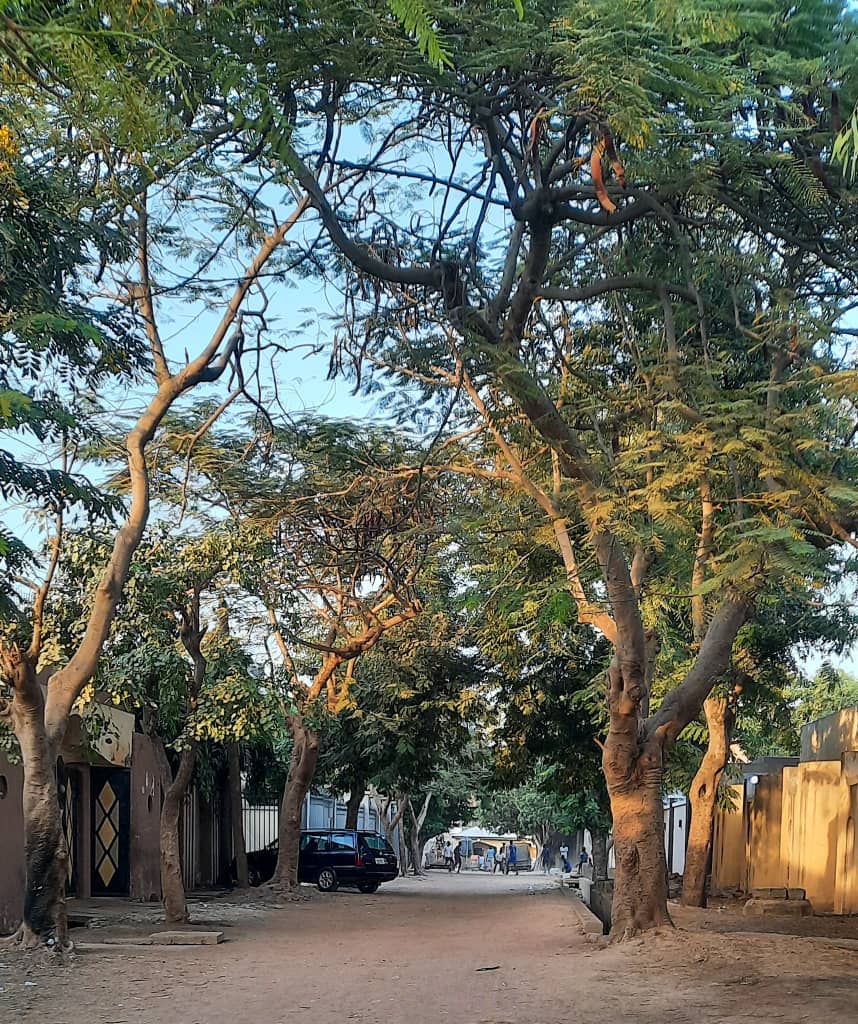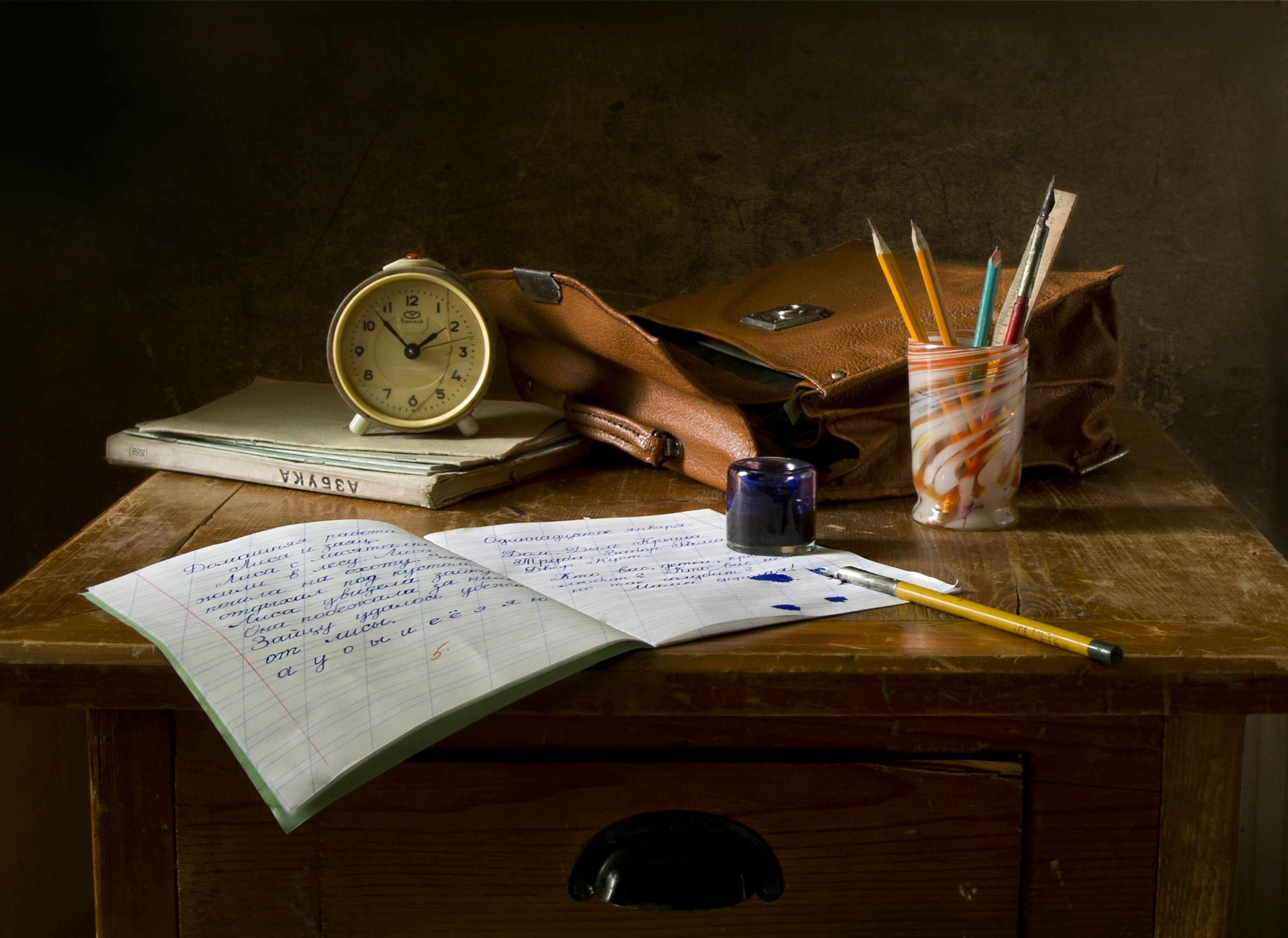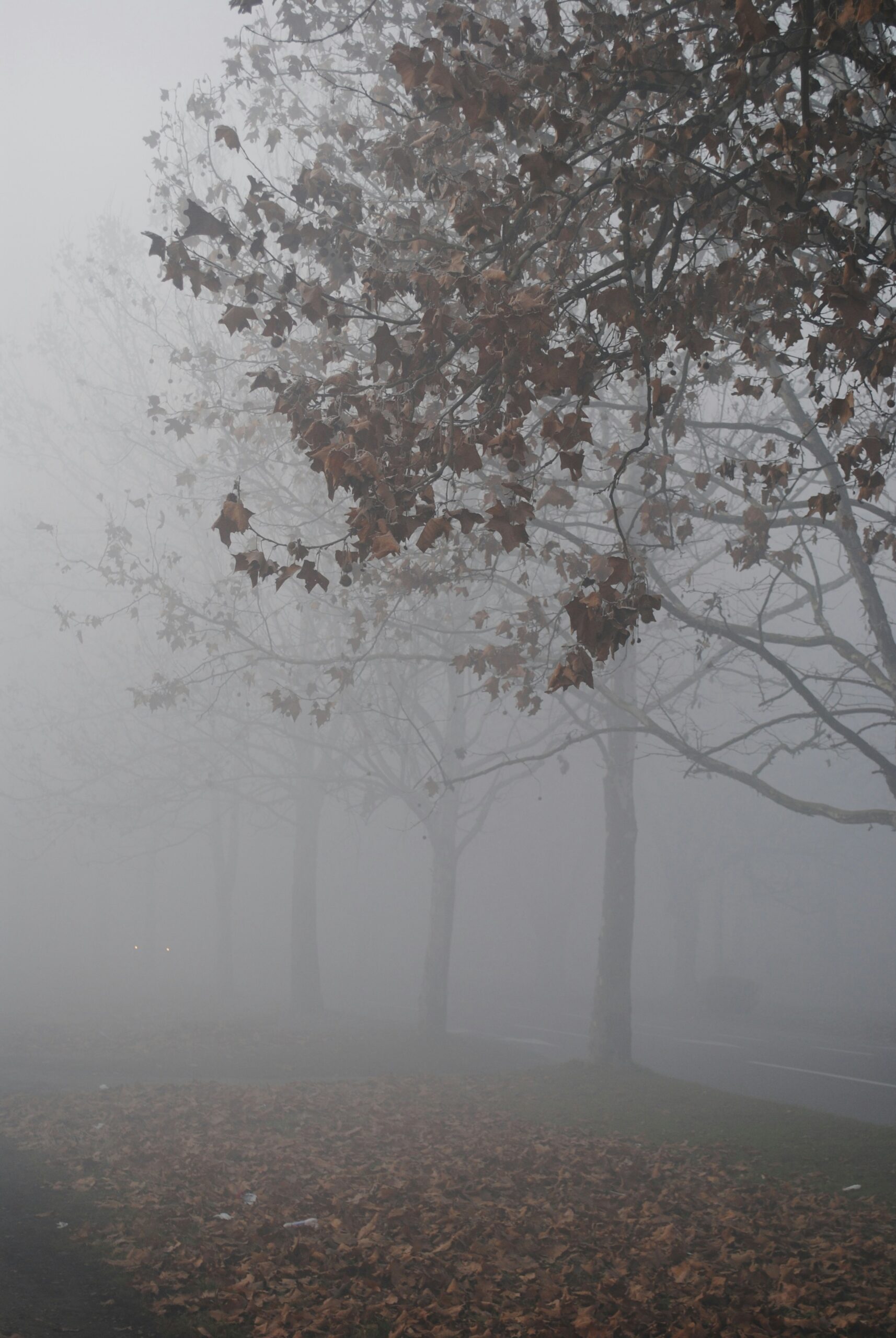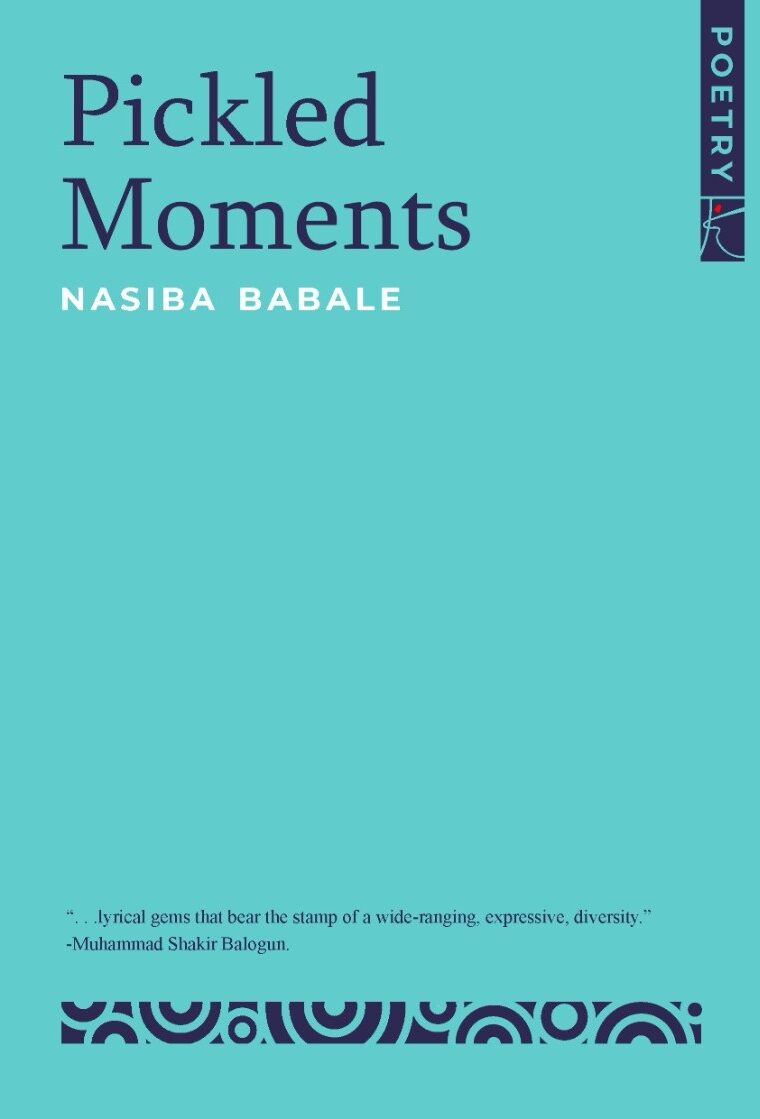You have always felt that life was poetry. Something you could sit down and write the way you wished. That when you came to this world, you were handed a blank sheet of paper, a pencil, and an eraser and sent forth to write your life into the story you wanted it to be. That like a badly placed metaphor, you could always replace the less desirous events in your life with better ones. And that when you finish writing a chapter, you can always go over it and remove the excesses, the way you go over your poems, and remove unnecessary words.
You have always been good with words. You have always loved them, and maybe they loved you too. The way they submitted themselves to you, kneeling in your presence, bringing themselves to you, and letting you do with them whatever it was that you wished—only love could bring such submission. Such willingness.
Words made you a poet with their submission. You fell in love with poetry because of them. And they made you see poetry and beauty in everything. Like one day, when you were walking home from work. Tired, but noticing things, taking in every detail as if you were not hungry, and praying that dinner would be ready by the time you reached home. You saw a boy running out of his house, moving with determination as if propelled by an important mission. Chasing something only visible to him. You have always wondered how children think. What goes on in their minds. What informs the decisions they make. You noticed his chubby legs, as they carried him towards whatever it was he moved towards as fast as they could afford. Somehow, he reminded you of one of your godsons, and you smiled. He was dressed in blue shorts and a brown shirt. You kept watching him as you walked. When he came by a very low fence that a goat stood on top of, he climbed the fence and hit the goat on its belly with all his might. The goat jumped off the fence, ran out, and he ran after it. Relentless. You burst into a laughter which you had to stifle quickly when you remembered you were walking alone. You did not want people to think you were insane. You wondered what offense the goat committed to the boy to make him hit it in such a manner. Aren’t children just mischievous little bullies?
You noted the incident in your mind and told yourself you would write a poem about it. You have a liking for mundane poems. Writing poetry for things people do not usually write poetry for. Documenting the unimportant. The little moments. The small joys of life. The funny things, like a child running out of his house to beat a goat. Giving the world a break from love and grief, the favorite subjects of poets.

You went on with your life, the idea of writing the poem still in your head, but without you sitting down to write it. You were busy, or you simply felt the poem wasn’t ready to come into the world. Poems are fetuses, when conceived, they must be allowed to spend a certain gestational period before they are given birth to. They must grow and mature in the brain’s womb before they are brought into this world. Even though a part of you warned you against the dangers of delays in writing, you dismissed it. This is you, the poetry goddess. There was no way you would be unable to write whenever you were ready. Words were always on standby, awaiting your command.
When you finally decided it was time to sit down and write the poem, you could not find the words. Not really, you found them, and you were even able to string a few of them into lines, but when you read them, they sounded like a badly made assorted meat soup. They were not assortoning. For days, you would write some lines, delete them, write others, and delete them too. You would read other poets, looking in between their lines for inspiration. For something to hold onto. Some sort of whip to beat the words back into the submission they’d always given you willingly. When reading poetry didn’t help, you thought of other things too, like reading prose that would plunge you into a melancholy that would force you to write. After all, melancholy had always been the favorite muse for your words, and you have always found more inspiration in prose than in poetry. Yet even Chigozie Obioma’s An Orchestra of Minorities and its endless supply of anguish to its protagonist couldn’t make you write. After a lot of trials, you only had a first line, which was unusual because most times when you wrote, you started with the closing line.
You realized later that life was giving you a poetry lesson. Teaching you that just because the first line came out right didn’t mean the rest of the poem would. Sometimes the metaphors would refuse to come through. The imagery, no matter how hard you tried to paint it, would just not appear right. You would look everywhere for the perfect punchline to end the poem, but you would not find one. Life was telling you that just because you thought you were good with words did not mean that they would always come to you whenever you needed them. And sometimes, you just couldn’t write a poem, just like you could not write your life into poetry.
You realized that maybe you had been deceiving yourself all along. You look at all the poems you have written before laid out on the floor of your memory. You remembered how people said they loved your poetry. How they said you knew how to put every word in its place. How you left their tongues soaked in the sweetness of your poems whenever they read them. You heard the applause of thousands of people as they cheered you on various stages, their hands forced to come together in a deafening chorus by the strength of your words. Yet here you are, unable to write your life into a perfect poem. You reminded yourself that this was life, and no matter how good a writer or poet you were, you could not write it to your will. You could not break the lines into stanzas, you could not decide how many stanzas you wanted, or how the rhythm should flow, or what metaphors should be used. It was beyond you. There was nothing you could do about it. This is the poetry of life.
Pickled Moments by Nasiba Babale
Pickled Moments is a debut poetry collection of Nasiba Babale, capturing the essence of love, loss, and the human condition against the backdrop of cultural and political turmoil. Myriad inspirations shape her verse, offering a deeply personal and evocative journey through memory and emotion.
- In The Poetry of Life: The Poetic Side of Melancholy | Nasiba Babale - April 11, 2025
- In The Poetry of Life: The S. I. Unit of Love | Nasiba Babale - January 31, 2025
- In The Poetry of Life: Things I Remember About My Grandmother | Nasiba Babale - January 10, 2025













Leave a Reply